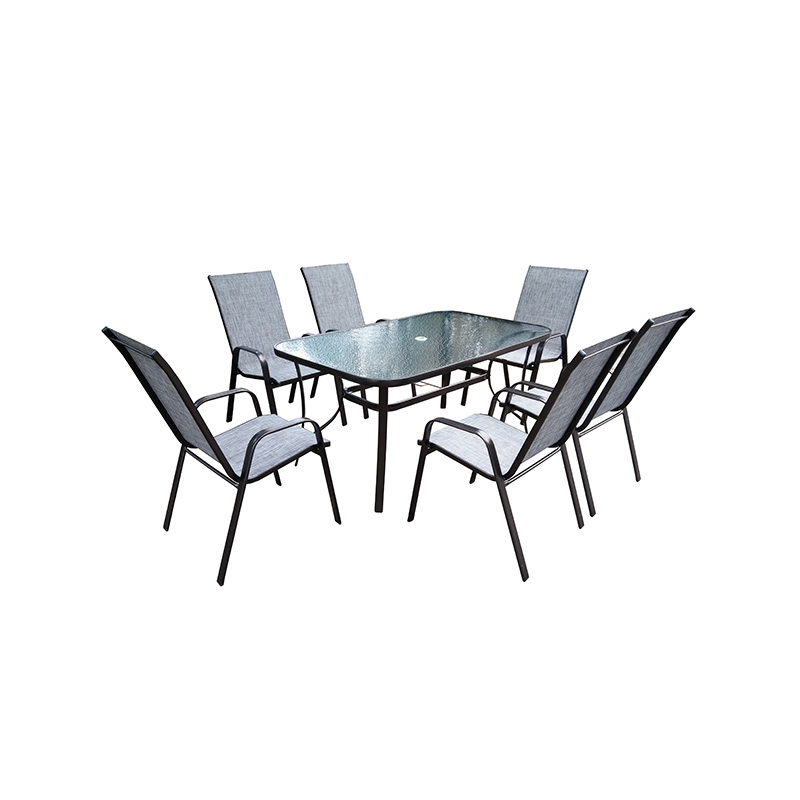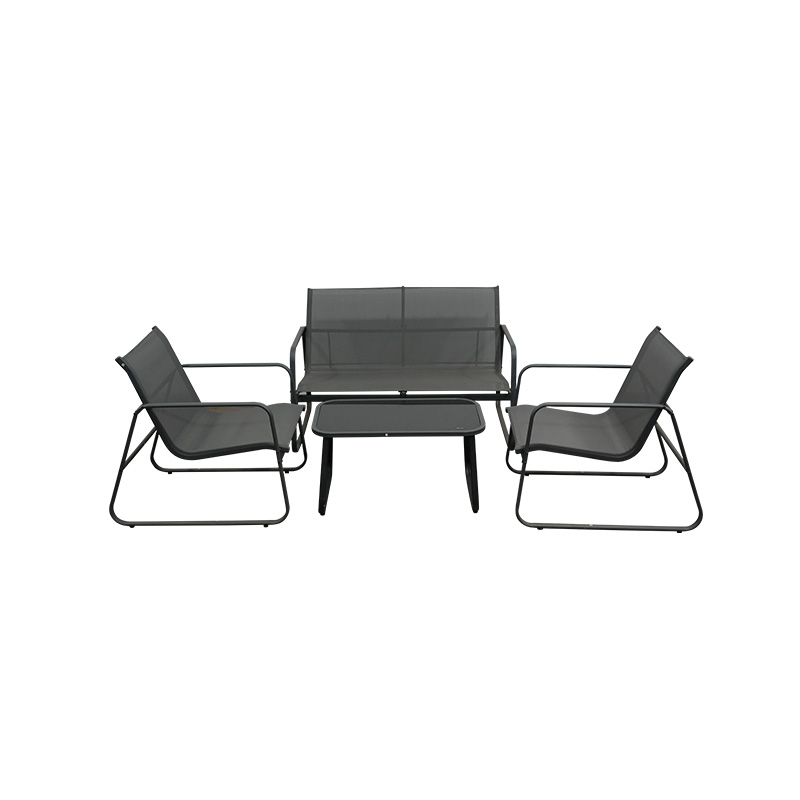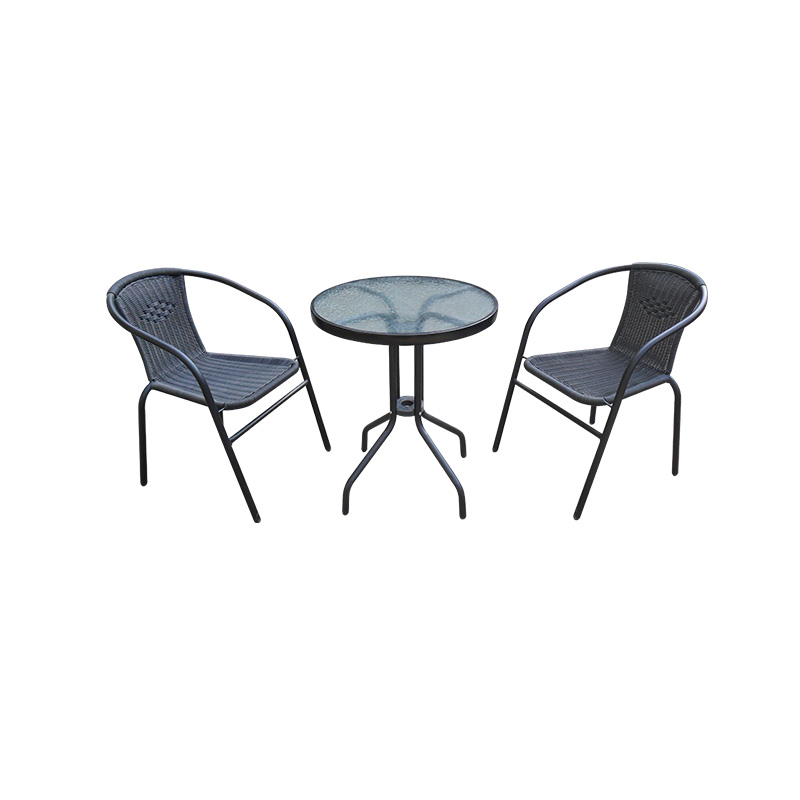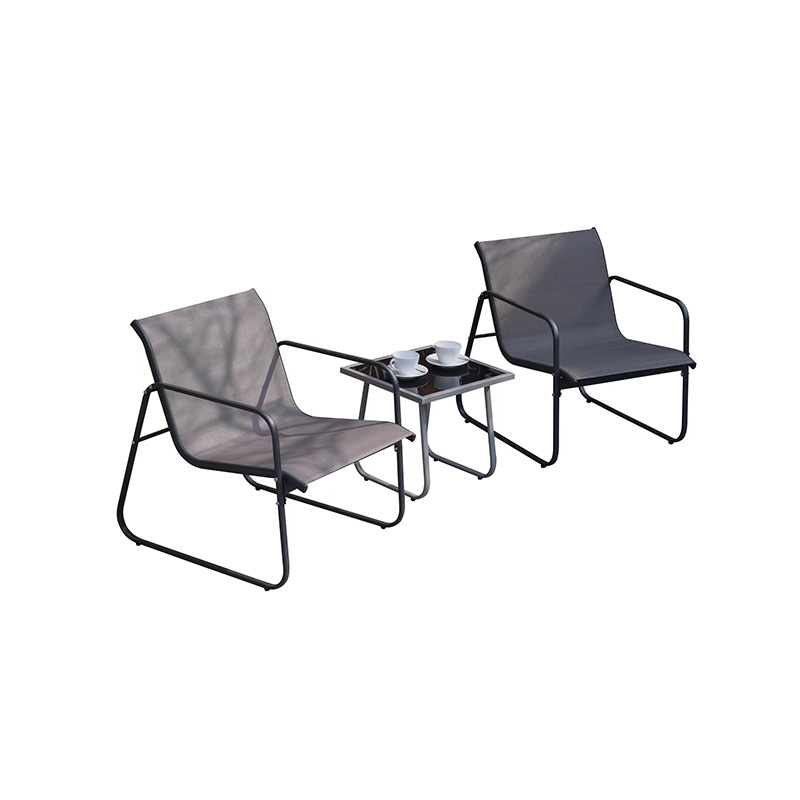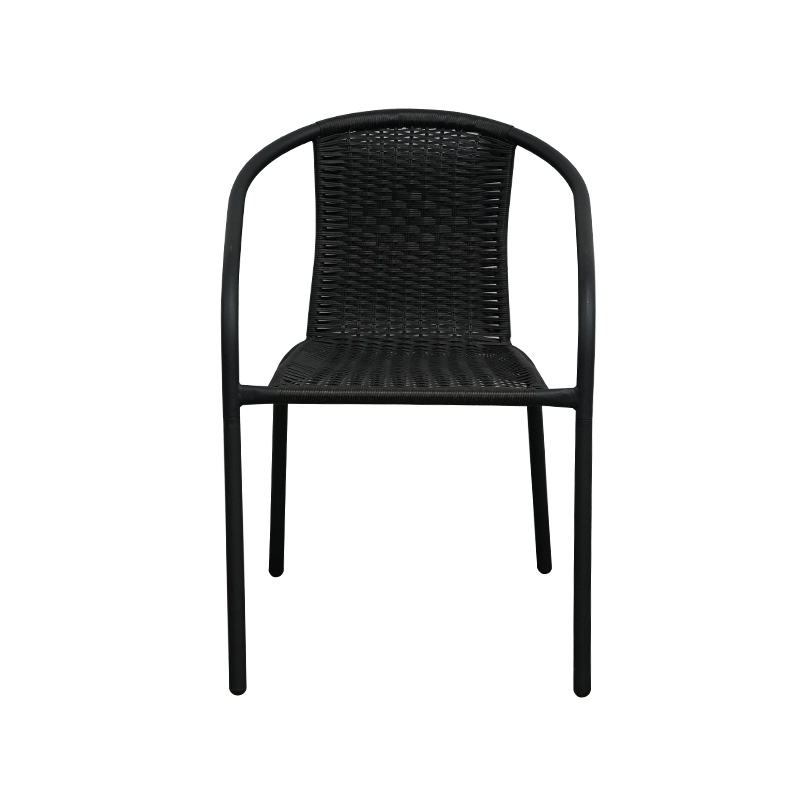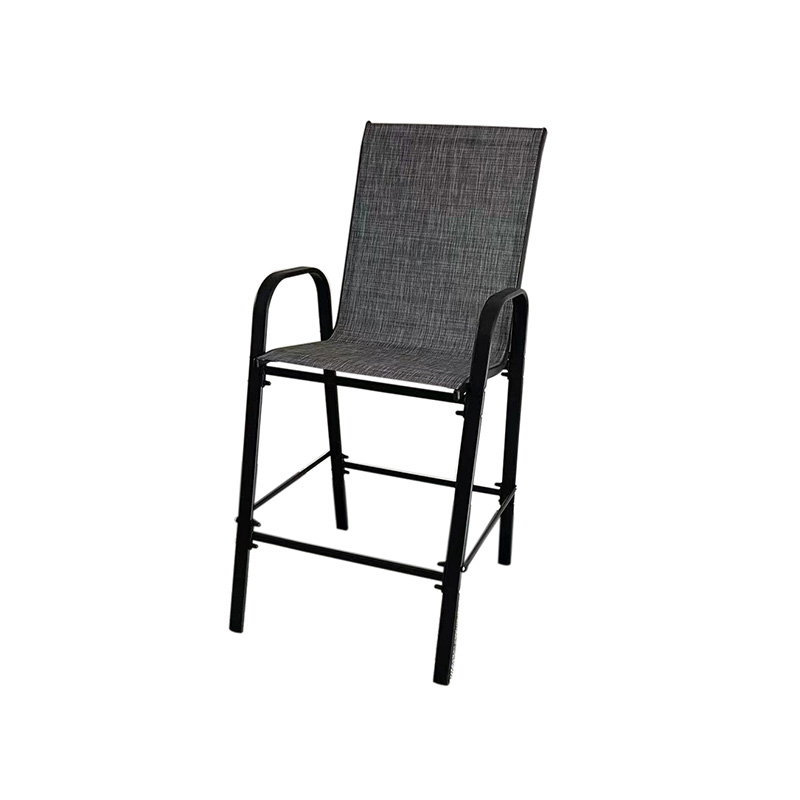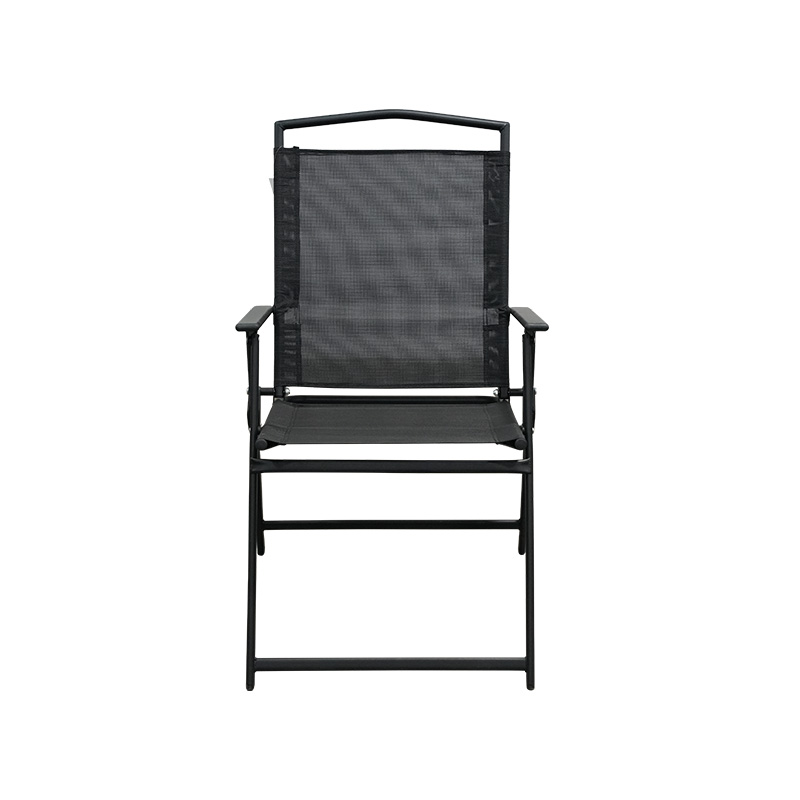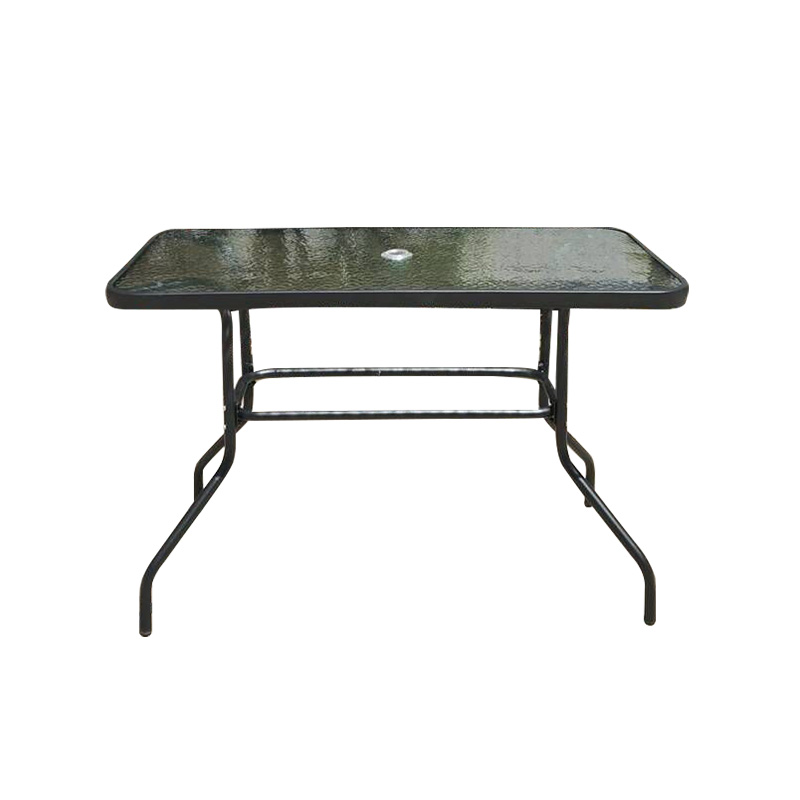How Durable Are Wholesale Folding Tables and Chairs for Daily Commercial Use?
May 26, 2025

In commercial environments such as banquet halls, schools, event centers, and conference facilities, furniture must endure frequent use and handling. Among the options available, wholesale folding tables and chairs are a common choice due to their convenience, space efficiency, and adaptability. However, a key question remains for buyers and facility managers: how durable are these products when used on a daily basis?
Understanding the Demands of Daily Commercial Use
Unlike residential furniture, commercial-use furniture faces constant movement, stacking, transportation, and exposure to various conditions. Folding tables and chairs may be used for back-to-back events, repeatedly unfolded and packed away. Their durability depends on how well they handle such stress over time without showing signs of wear or functional decline.
Wholesale folding tables and chairs used commercially should maintain structural integrity, resist surface damage, and continue to perform their intended function with minimal maintenance. To achieve this, manufacturers must focus on material quality, design features, and manufacturing standards.
Material Considerations
Durability starts with the materials used. Common materials for folding tables include high-density polyethylene (HDPE) for the surface and powder-coated steel or aluminum for the legs and frame. These materials resist impact, corrosion, and moisture—important factors in environments where spills and frequent cleaning are expected.
Folding chairs often feature steel frames paired with plastic, resin, or padded seats. For daily commercial use, steel components should have reinforced welds and locking mechanisms to handle repeated opening and closing without bending or breaking.
Buyers of wholesale folding tables and chairs should review product specifications for material thickness, weight capacity, and the type of locking systems used. These details often indicate how well a product will stand up to long-term commercial use.
Construction and Design Features
A well-constructed folding table or chair includes features that directly impact its durability. For example, gravity-lock leg mechanisms, double-riveted cross braces, and anti-slip feet can extend the lifespan of furniture by reducing stress on joints and preventing unnecessary movement.
In the case of folding chairs, models with contoured backs and reinforced seats tend to offer greater resistance to pressure and cracking. Tables with rounded edges and sealed surfaces are less prone to chipping and are easier to clean, important for maintaining appearance and hygiene in commercial settings.
Maintenance and Handling Practices
Even the robust folding furniture benefits from proper care. Commercial users should follow maintenance guidelines such as wiping surfaces with non-abrasive cleaners, avoiding excessive weight beyond the stated capacity, and storing furniture in dry, temperature-controlled environments when not in use.
Choosing for Longevity
Ultimately, the durability of folding furniture for commercial use is a result of both build quality and how the furniture is used. When purchasing wholesale folding tables and chairs, buyers should prioritize vendors that provide detailed product specifications, testing information, and usage recommendations.
Wholesale folding tables and chairs can be well-suited for daily commercial use when selected and handled with care. Their durability depends on the quality of materials, thoughtful design, and appropriate maintenance. For businesses seeking reliable furniture solutions, understanding these factors is essential in making a practical and cost-effective investment.

 English
English 中文简体
中文简体 Español
Español